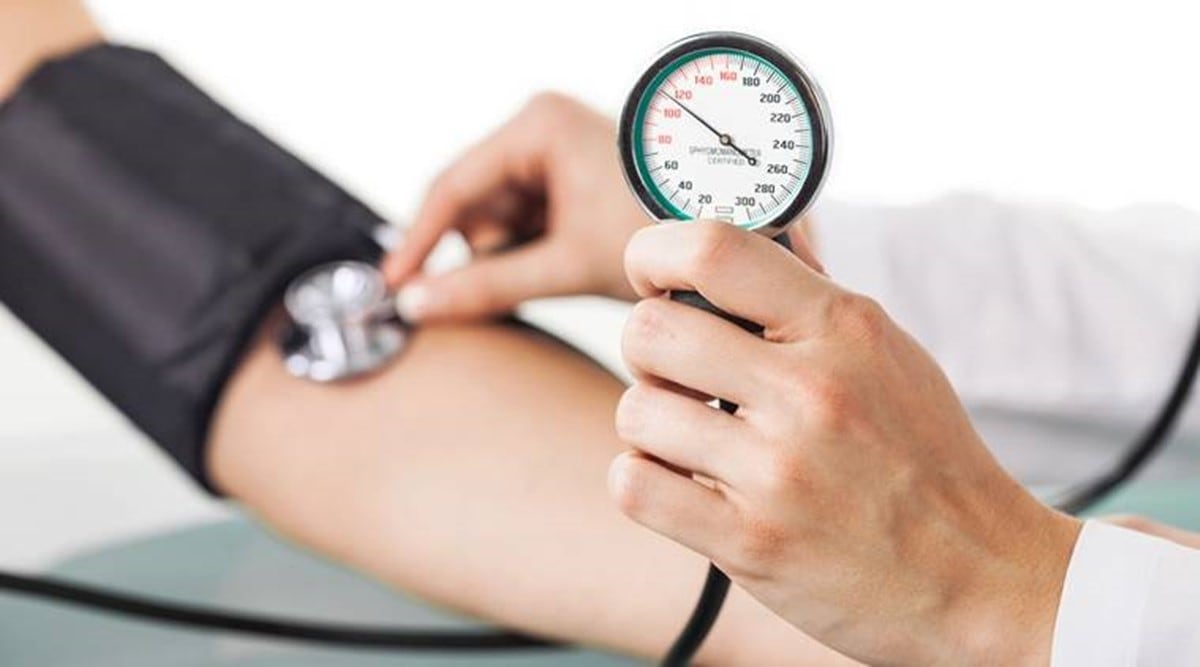Are You Suffering from Hypertension? Seaweeds May Help You…
Among all lifestyle-related sicknesses, hypertension, despair, and anxiety have ended up very unusual due to a stressful life and busy routine. Hypertension indicates high blood stress, wherein blood applies more Pressure on the walls of the blood vessels. This dysfunction of blood vessels shows the threat of coronary heart illnesses like heart assault or coronary heart stroke. Hypertension can be taken care of by adjusting a way of life and converting one’s diet.
Still, taking away this trouble quickly and completely is very hard. Interestingly, a current scientific leap forward has located a probable answer for fighting hypertension. The city-centered Central Marine Fisheries Research Institute (CMFRI) has delivered that seaweeds may be used to make a nutraceutical product, Cadalmin Antihypertensive extract (Cadalmin AHe). This product may be administered orally to control hypertension. The drug was released via the Indian Council of Agricultural Research (ICAR).
Kajal Chakraborty, the Senior Scientist on the CMFRI, said, “The extract consists of 100 cent natural marine bioactive ingredients from decided-on seaweeds with the aid of a patented generation. Also, it will be made available in 400 mg pills. It has no side outcomes as established with unique pre-scientific trials.” We are familiar that Seaweed is a form of algae. This is, in general, found within the Indian coastal waters. It is also called sea vegetables and is usually eaten in Asian countries in sushi, soup, and salad. It includes many splendid medicinal and health-giving residences supplying various health advantages by making our frame reliable.
Hypertension is derived from two root words: Hyper, meaning High, and Tension, meaning Pressure. Hypertension means high blood pressure. Pressure is the force generated when the heart contracts and pumps blood through the blood vessels that conduct the blood to various parts of the blood. Although hypertension does not mean or result from excessive emotional tension, evidence shows that stress and emotional anxiety cause an increase in blood pressure and, if continuous, could be sustained.

Therefore, high blood pressure is generally defined as a blood pressure exceeding 140/90mmHg confirmed on multiple occasions. The top number (140) is called the SYSTOLIC PRESSURE, and it represents the Pressure in the blood vessels (arteries) as the heart contracts and pumps blood into circulation. The bottom number (90) is DIASTOLIC PRESSURE, representing the Pressure in the blood vessels as the heart relaxes after contraction. These figures, measured in millimeters of mercury (mmHg), reflect the highest and lowest pressures the heart and blood vessels are exposed to during circulation. The generally accepted normal value for blood pressure is 120/80mmHg. Above this value, less than 140/90mmHg is not considered hypertensive yet signals danger. It is, therefore, called High normal.
An elevation of the blood pressure (hypertension) increases the risk of developing Heart (Cardiac) diseases such as Heart Failure and Heart attack, Kidney diseases, Vascular diseases like atherosclerosis (hardening and narrowing of blood vessels), Eye damage, and Stroke (brain damage). These complications, called End organ damage, arise from long-standing (chronic) hypertension. However, victims of hypertension are not aware, at an early stage, that they have the disease until these complications start appearing. This is because hypertension shows virtually no signs/symptoms early. For this reason, it is generally called the ‘Silent Killer.’

















